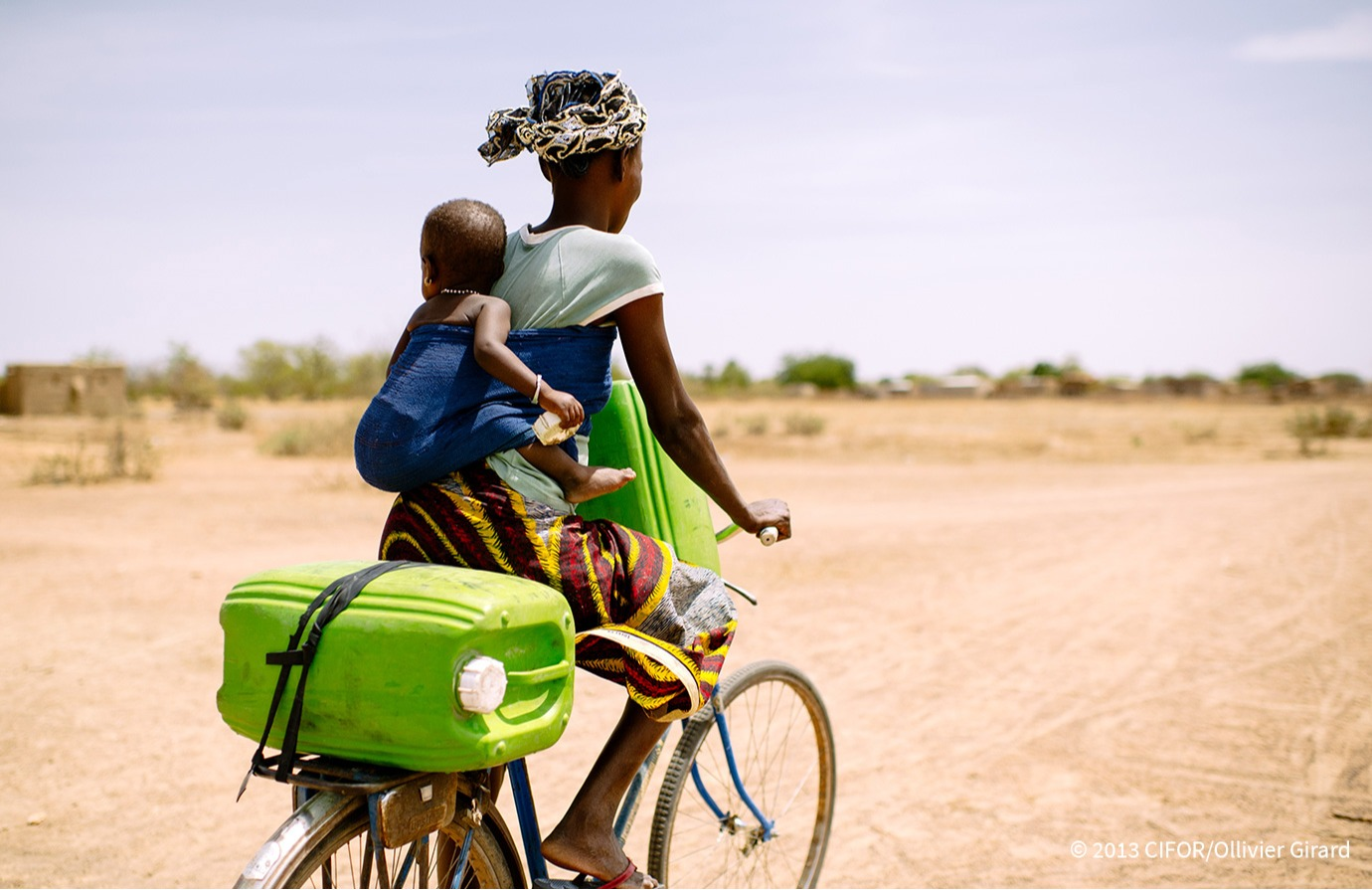Topic outline
Why link social protection to climate-risk management? How can social protection contribute to inclusive climate risk management strategies? What are the main challenges and opportunities for integrating social protection and climate risk management? Using an illustrative scenario, the course will guide you through the different ways in which social protection can contribute to inclusive climate risk management. A strategy that addresses the needs of poor and vulnerable rural communities. The course offers data, examples and evidence to better understand how these two approaches can come together to support the 2030 Agenda for Sustainable Development.


The course is targeted at professionals working in the field of social protection, disaster risk management, climate change adaptation and mitigation, especially those focusing on rural areas and agri-food systems.
- The rationale for linking social protection to climate risk management
- The main functions of social protection and its impacts across a wide range of areas
- The different roles that social protection can play in supporting small-scale food producers in the face of climate change and climate risks
- Main challenges and opportunities at the policy and programme level
The course consists of 6 lessons of approximately 30 minutes duration each:
- Lesson 1 – Why link social protection to climate risk management
- Lesson 2 – Fundamentals of social protection
- Lesson 3 – Reducing poverty and vulnerability and increasing coping capacity
- Lesson 4 – A stepping stone to climate-resilient livelihoods
- Lesson 5 – Supporting disaster preparedness, anticipation, response and recovery
- Lesson 6 – Policy and programme implications: gaps and opportunities
This course runs on the latest versions of the major browsers, such as Google Chrome, Microsoft Edge, Mozilla Firefox and Apple Safari.
The course opens in a separate popup window. If this does not happen, a popup blocker in the browser is probably preventing it from opening and you will need to disable popup blockers for this site. Please read the following instructions on how to do this.
Digital certification
This course offers certification. You will get your digital badge upon passing a final exam after completing the course and achieving a grade of at least 75%. Please click on the button below to complete the exam, or refer to our Certification section to learn more.
Evaluate this course
We would be pleased to receive your evaluation of this course, to support us in improving future e-learning courses. Please click on the button below to answer the questions in the form. It should only take you a few minutes!
Partners
This course has been developed by the Food and Agriculture Organization of the United Nations (FAO) with the support of the European Union within the framework of the Global Network Against Food Crises Partnership Programme, and in partnership with SPACE - Social Protection Approaches to COVID-19: Expert advice service, funded by UK Aid, the German Federal Ministry for Economic Cooperation and Development (BMZ) and the Australian Government represented by the Department of Foreign Affairs and Trade (DFAT).





